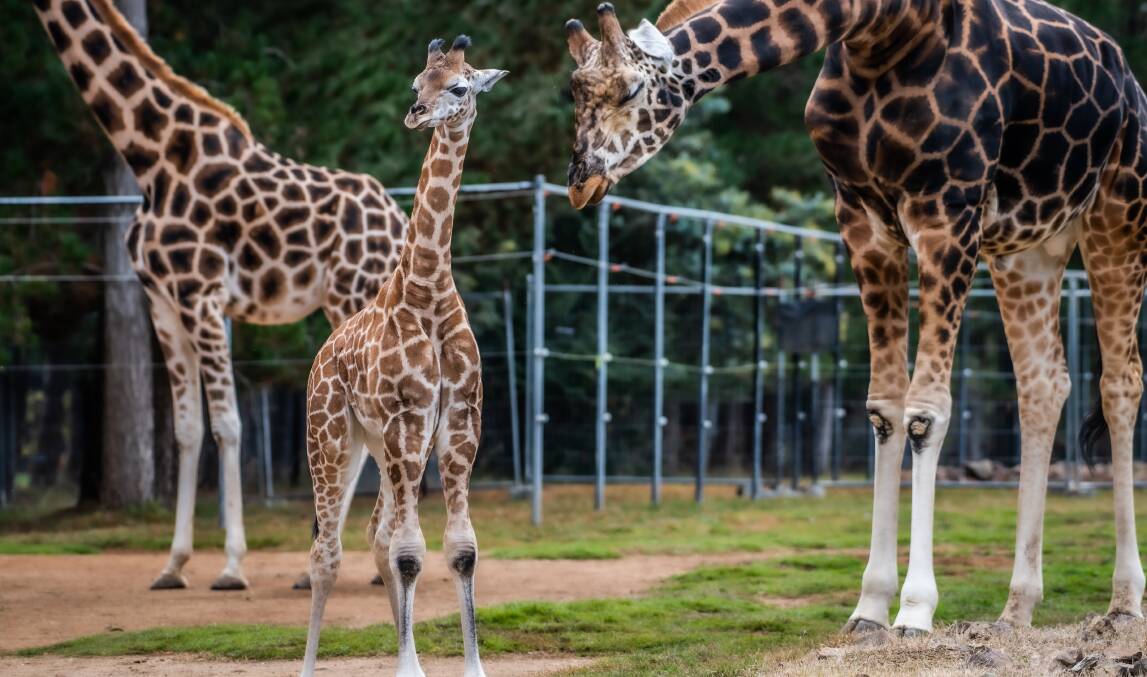Staff from the National Zoo and counterparts from around the country are awaiting advice on preventative measures designed to reduce the risk of foot-and-mouth disease to animals in captivity.
Peak body, the Zoo and Aquarium Association, will provide guidelines to members on Thursday to prevent a spread should the disease hit Australian shores, following an outbreak in Indonesia.
Melbourne Zoo has already moved to restrict visitors to animals deemed at risk, with elephant, giraffe and kangaroo enclosures off limits.
Zoos Victoria, which runs Melbourne and Werribee zoos, plus Healesville Sanctuary, has also asked anyone living with livestock, excluding horses, not to visit, ABC has reported.
National Zoo executive manager Russell Jackson said it will develop and potentially implement a series of staged preventative measures this week.

Mr Jackson said as the live virus hadn't been identified in Australia or New Zealand, additional biosecurity measures were being put in place out of an abundance of caution.
"FMD is a highly infectious disease that could have catastrophic consequences on several industries in Australia including zoos should the worst occur," Mr Jackson said.
"The National Zoo and Aquarium is not taking this threat lightly and will be working closely with industry and government to act appropriately according to the current levels of exposure and threat.
"Any measures implemented at the zoo will be broadcast via an electronic mail out to our members as well as via our social channels and onsite signage in the coming days."
READ ALSO: Foot and mouth disease isn't stopping these Canberra travellers from visiting Indonesia
Sanitation mats were delivered to Darwin, Adelaide, Perth, Sydney and Melbourne airports this week, with beefed-up security designed to protect Australia's $80 billion agriculture industry.
All incoming mail from Indonesia and China is also being screened for meat products, as part of a federal government action to keep the virus outside Australia.
Agriculture Minister Murray Watt said this week it was the strongest response to a biosecurity threat in Australian history.
"We will continue to put more measures in place, in line with expert biosecurity advice, to keep this disease out," he said.







